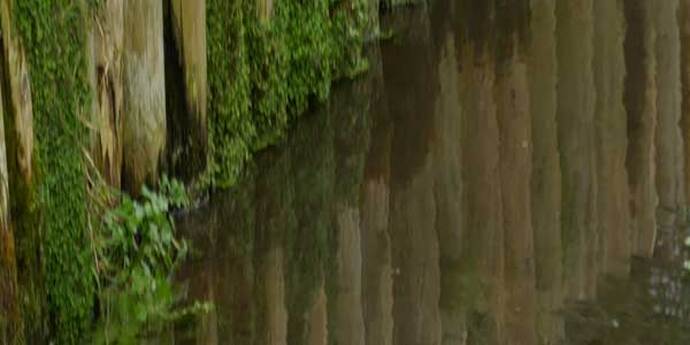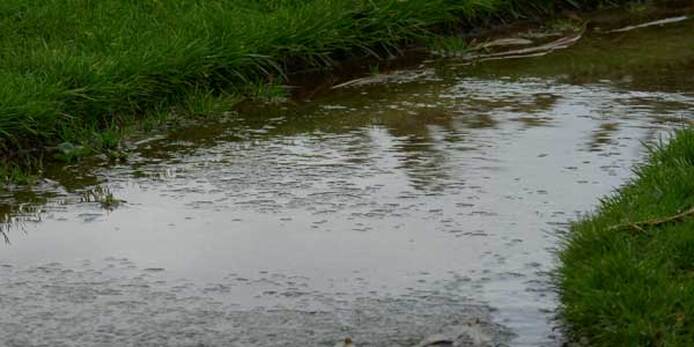Reader, they’re going paperless. How old-fashioned, you might say. Well, yes.
Strictly, they’re going paperless in their dealings with customers who don’t read the whole of this letter – who miss the bit where they can opt out of paperlessness – but still, that’s jolly paperless, isn’t it? Come on, don’t discourage them. Jolly paperless! Well done! Here, have one of my gold stars!
Even later in the letter than the bit where we can opt out is this. “Download our new App to get account updates and reminders straight to your device.”
Bless! They’ve got a new App!
If I download it, my device will start pinging away with account updates and reminders from the utility company that provides me with gas and electricity. Hooray! Can’t wait.
The letter tells me that my account with the utility company, etc., “is now easier to use than ever”.
Which is quite impressive. “You’re already benefiting from a convenient way to manage your energy online. … you have everything you need in one easily accessible place.”
I thought that easily accessible place was the gas bill. Tear open the envelope. Read what’s inside. Easy access.
But no. It’s something online. And now that they’re going paperless, I’ll be “joining a community of thousands of account users already receiving their communications this way, and we really hope you’re going to prefer the change too.”
Isn’t that nice?
I found an old chequebook the other day. Used it to pay a utility bill. Oddly satisfying experience. I know a young writer (digital native, if you remember that term) who’s taken to using a typewriter for first drafts and letters.
Going paperless isn’t exactly cutting-edge, is it?
But never mind. It’s very clever. Well done!
I think I will opt out, though, because I just don’t want the extra work.
Utility bills would just arrive. Drop through the letterbox. Remember?
“We’ll send you an email notification when you have something new to log-in and view online. If you’ve forgotten your password…” and so on.
Going online to find my bill. Extra work. Not much, but – work that I didn’t have to do before.
Assuming my spam filter lets the email through.
A4. Brown envelope. Little window in it to show my address.
The same offer as comes roughly every month. Credit card. I can do a “balance transfer” from another card at no interest until some distant reckoning that needn’t trouble us at all now, tra-la.
Enclosed was the familiar What we do with your data leaflet.
They’ve been sending me these offers for absolutely ages. Always the same: a balance-transfer offer on a new credit card.
I don’t mind – my paper shredder gets hungry these days – but that leaflet does bother me a little.
By now, my data should include my responses. I’ve blogged and posted about these offers before – and I once asked Facebook, via a post, to make itself useful and tell B– (I usually name them, but I guess they're all the same) that I wasn’t interested. None of it worked. The offers still come.
Yes, I know. Old fool. Ridiculous old fool wasting his time.
But next time you wake up at 3am and lie there worrying about the surveillance economy – and big data, and data analytics, and CCTV cameras, and all the rest of it – think of me.
I’m not proud of the state of my finances, but one thing I can say is: I don’t have a credit card. I haven’t had a credit card since I got fed up with the things back in the nineties.
Therefore – I’ll spell this out, in case you’re as slow as I am at 3am – I don’t have a balance to transfer.
I’m not eligible to take up Barc– oops, that was close! To take up the credit-card company’s offer, and haven’t been since the idea of the balance transfer was invented.
I don’t know what these people do with my data, but I suspect that they don’t read it very closely.
Reader, I have tested the surveillance economy, and it doesn’t work. Relax: nobody’s paying attention.




